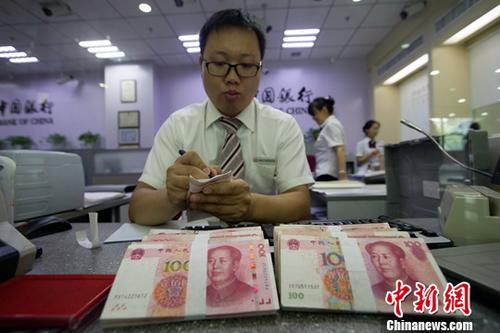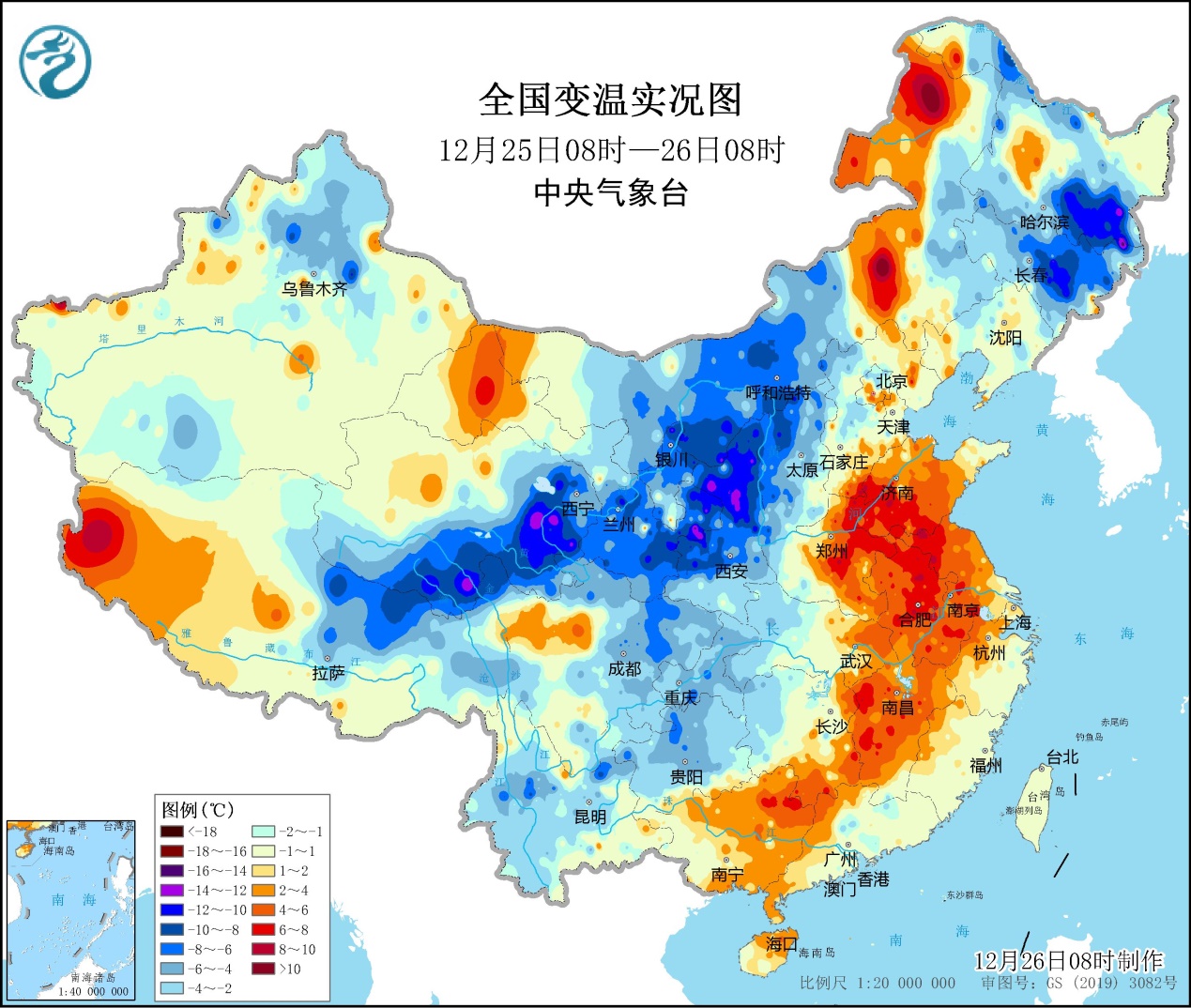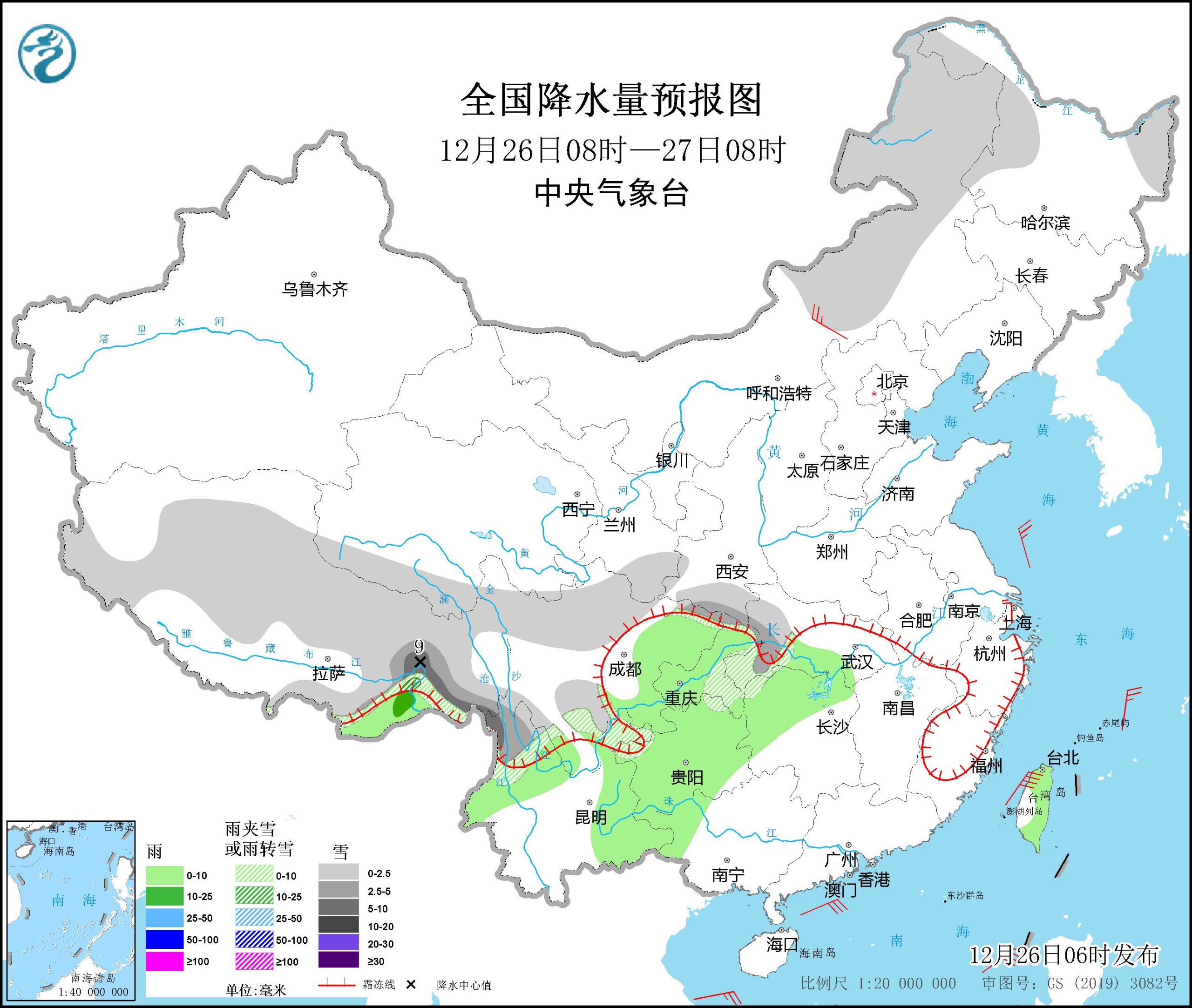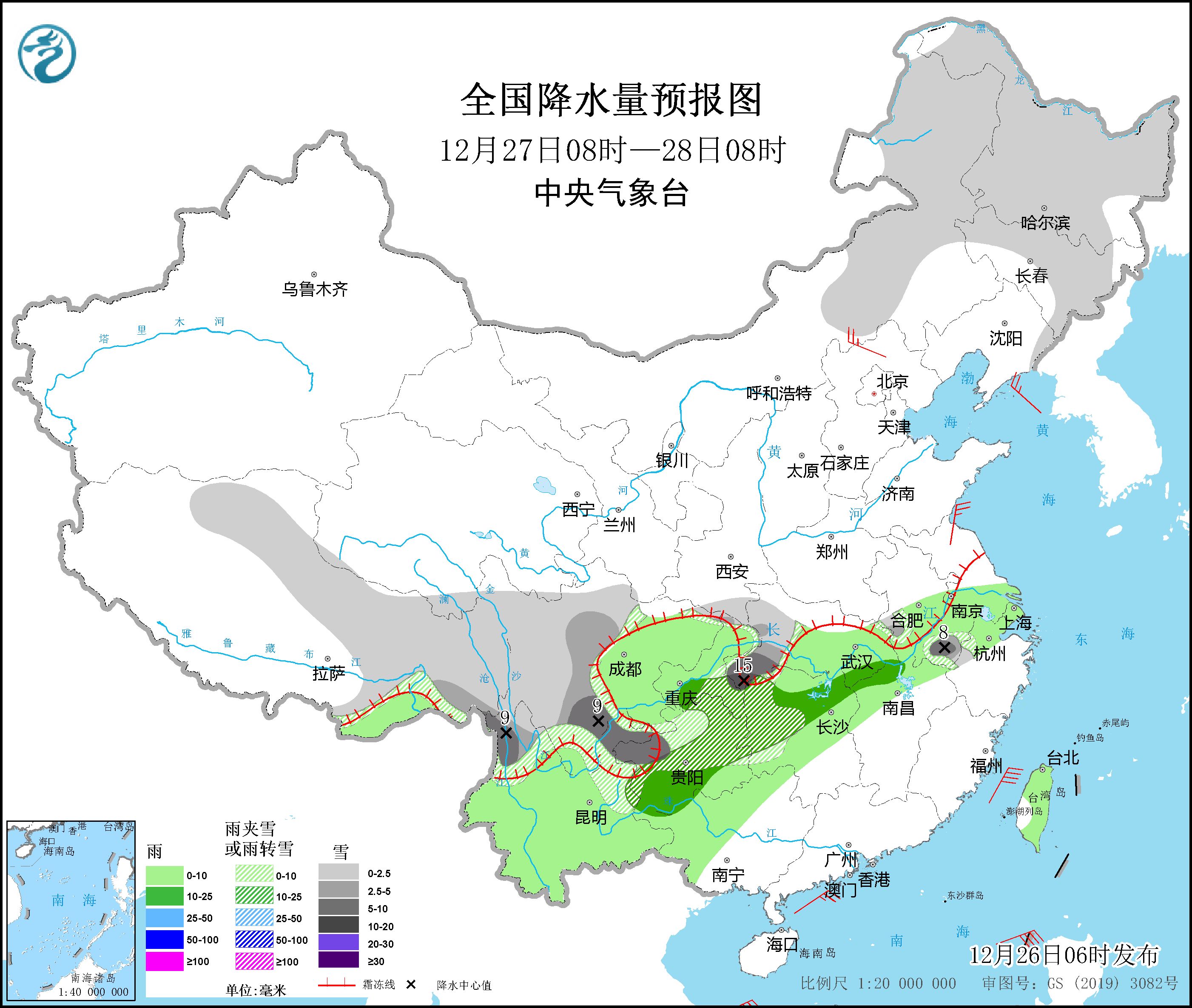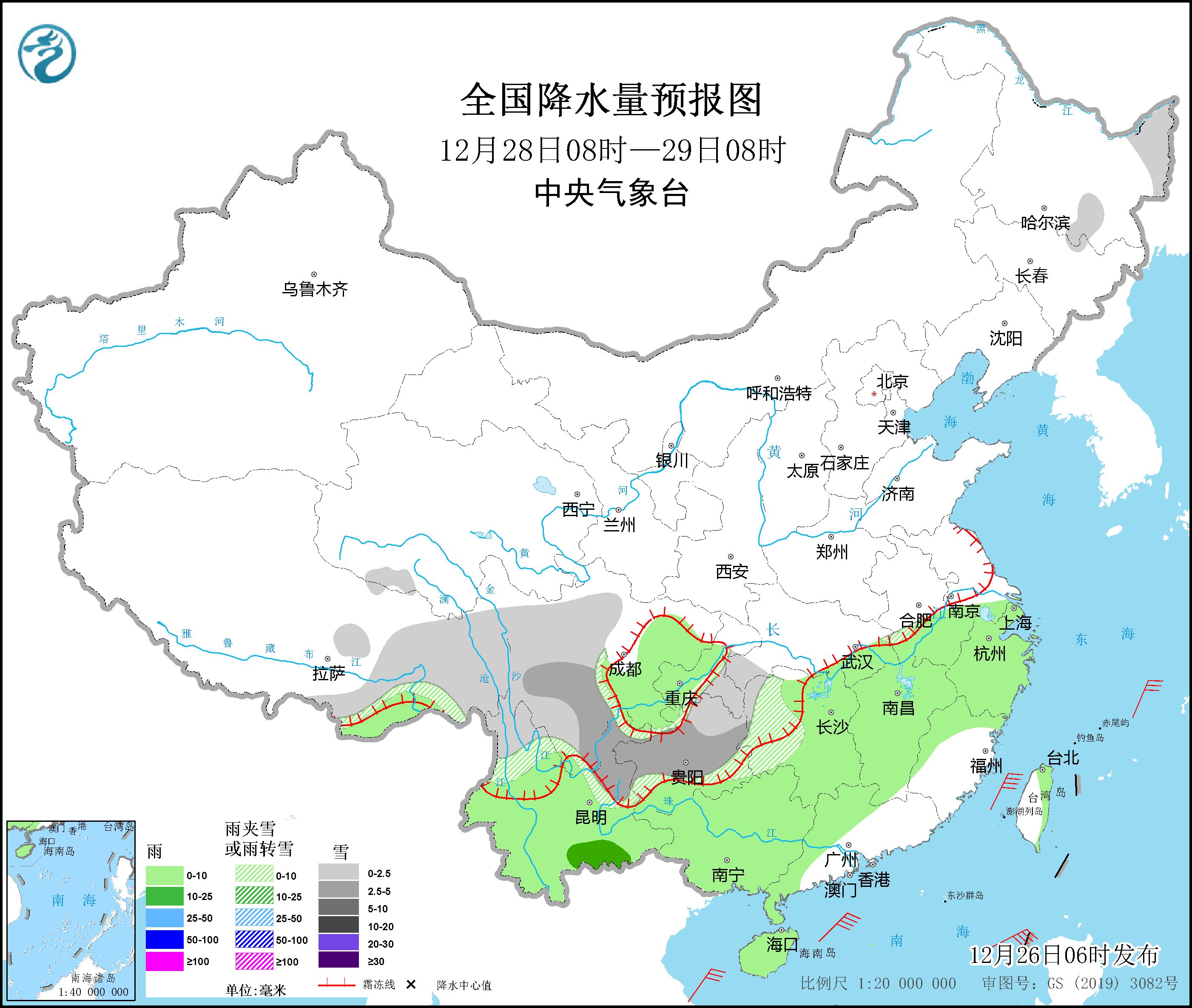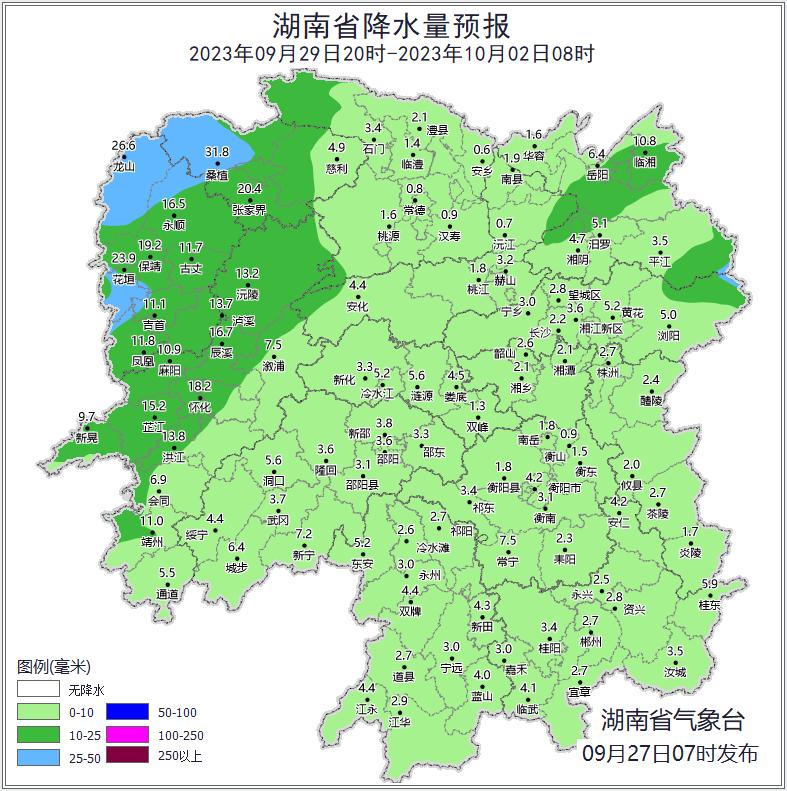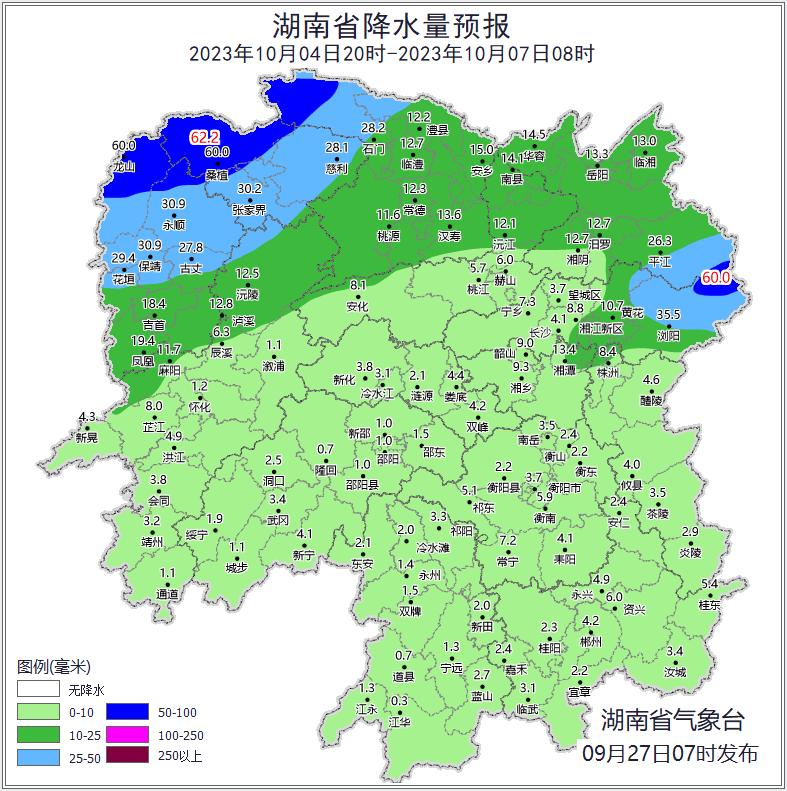Xinhua News Agency, Beijing, December 12th Question: Over 100 cities have issued more than 150 property market policies. What is the effect of real estate regulation in 2017?
Xinhua News Agency "Xinhua Viewpoint" reporters Dong Jianguo, Zheng Juntian and Cheng Shihua
In 2017, the real estate market in China ushered in strict regulation. According to incomplete statistics, up to now, more than 150 property market regulation policies have been issued by over 100 cities, and hot cities are constantly restricting purchases, loans, sales and businesses.
According to a survey by Xinhua Viewpoint, the real estate market in hot cities is generally cooling down. The effect of destocking in the third and fourth lines is obvious, and some cities have turned to controlling housing prices. At the same time, many places have issued a document emphasizing both rent and purchase, expanding the rental market, and leased land has entered the market one after another.
Controlling house prices: Hot cities collectively cooled down, and some third-and fourth-tier cities joined the price limit ranks.
This year, strict regulation of real estate in first-and second-tier hotspot cities and maintaining the stable and healthy development of the market have become the main tone. Beijing, Nanjing, Zhengzhou and other places have also put forward the goal of no increase in house prices. From March to the end of November, Chaobaicheng has issued more than 150 property market regulation policies.
Intensive control policies have gradually reversed the expectations of the real estate market. According to the data of the National Bureau of Statistics, since May, there has been a "zero growth" in housing prices in Shanghai and Beijing, while housing prices in Shenzhen have fallen. In August, house prices in 15 hot cities stopped rising in an all-round way, among which the four first-tier cities in the north, Guangzhou and Shenzhen collectively stopped rising for the first time in 33 months; In September, Shanghai’s housing prices fell year-on-year; By October, the prices of new commercial housing in 10 hot cities had fallen back to a year ago, and the real estate market in key cities was in a collective cooling trend, and the trend of de-investment was obvious.
Zhang Dawei, chief analyst of Zhongyuan Real Estate, believes that the year-on-year decline in house prices in 10 hot cities is the first time since 2016. Under the influence of strict regulation of the property market, the peak of buying houses in core hot cities is gradually ebbing.
The cooling of the real estate market has affected the land market. According to the latest report released by China Index Academy, in November, the supply and transaction volume of land markets in major cities across the country declined month-on-month, and a total of 2,696 land projects were launched in 300 cities across the country, a decrease of 11% month-on-month; The total land transfer fee was 371.5 billion yuan, a decrease of 7% from the previous month; From the perspective of price, the average premium rate of land in 300 cities nationwide in November was 20%, down 4 percentage points from the previous month.
"In ‘ Don’t speculate if you live in a house ’ Under the guidance of the policy, the future housing attributes will be de-invested and pay more attention to the residential attributes. " Yan Yuejin, research director of the think tank center of Yiju Research Institute, believes that over the past year or so, the local property market regulation policies have attacked the investment speculation demand of hot cities. With the year-on-year decline of housing prices in some cities, there is little room for the year-on-year increase of housing prices in 70 cities, and the year-on-year increase will continue to narrow in the future.
In some third-and fourth-tier cities, while destocking has achieved positive results, it has also changed from a backlog of inventory to a rapid rise in housing prices. To this end, this year’s real estate regulation and control continued to make up for shortcomings, and the regulation and control policies began to go deep into third-and fourth-tier cities: Dongying, Liaocheng, Liuzhou, Guangxi and other cities joined the ranks of restricted sales, while Yangzhou increased the restricted sales period for second-hand houses; Some cities such as Langfang have also joined the ranks of price limits.
De-stocking: Third-and fourth-tier cities are divided, and the decline in stock scale coexists with sales difficulties.
Many insiders believe that the focus of real estate destocking in 2017 is mainly concentrated in third-and fourth-tier cities.
According to the National Bureau of Statistics, at the end of October, the area of commercial housing for sale was 602.58 million square meters, a decrease of 8.82 million square meters compared with the end of September. Among them, the residential area for sale decreased by 7.72 million square meters.
According to the data released by Yiju Real Estate Research Institute, as of the end of October 2017, the total inventory of new commercial housing in 80 monitored cities was 394.9 million square meters, a decrease of 2.1% from the previous month and a decrease of 10.1% year-on-year, which has been declining for 27 consecutive months. The reporter noted that third-and fourth-tier cities accounted for more than half of the 80 cities. Compared with historical data, the inventory scale is equivalent to the level in August 2013, that is, the inventory scale has fallen back to four years ago.
However, "the housing stock situation in third-and fourth-tier cities is very different: places with industrial support and close to hot cities are attractive to the population and have strong market demand; There are still many cities that have been blindly developed in the past, which has caused many real estate sales difficulties. " Ouyang Jie, senior vice president of Xincheng Holdings, said.
In addition, "after the regulation of real estate in hot cities, a large number of investment needs have been squeezed into the surrounding third-and fourth-tier cities. On the one hand, it is destocking, on the other hand, it is limited to housing prices, and some third-and fourth-tier cities have entered a parallel mode of dual-track regulation. " Yan Yuejin said.
Rent and purchase at the same time: over 50 cities have issued a new lease policy, and many leased land have entered the market.
This year, many places have accelerated the establishment of a housing system that combines rent and purchase as the starting point for improving the long-term mechanism. At present, China’s rental population is estimated to be 190 million, and the rental market has exceeded one trillion yuan. According to incomplete statistics, up to now, more than 50 cities in China have issued new leasing policies.
— — Increase leased land in multiple ways. Recently, Shanghai, Guangzhou, Shenzhen, Hangzhou, Zhengzhou and other cities have successively started the "rent-only-not-for-sale" land sales model, and most of the land plots have been auctioned by state-owned enterprises at "zero premium rate". According to the statistics of Tongce Research Institute, as of the end of November 2017, there were 26 cases of housing land listed for lease in major cities across the country.
— — Encourage leasing enterprises to develop on a large scale and professionally. Hangzhou proposed to select about 15 housing leasing enterprises with a certain scale and brand as the pilot of specialized housing leasing. Chengdu and Shenyang proposed to strive to cultivate and develop no less than 50 institutionalized and large-scale leasing enterprises by 2020; Hefei and Xiamen both expressed their support for housing leasing enterprises to become bigger and stronger through merger and reorganization.
— — The financial factors that promote the development of the leasing market are taking shape. Recently, the first batch of REITs products leased by central enterprises was reviewed and approved by Shanghai Stock Exchange. Many banks, such as China CITIC Bank, China Construction Bank and China Bank, have recently announced their financial support for housing leasing, including financial support for enterprises and consumer credit support for individuals.
According to industry insiders, the country’s development of the rental market is unprecedented, and it is necessary to speed up the construction of the legal system of housing rental in the future.







